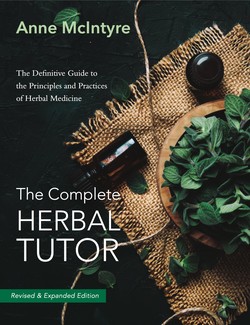Читать книгу The Complete Herbal Tutor - Anne Mcintyre - Страница 10
На сайте Литреса книга снята с продажи.
ОглавлениеAncient and Modern Medicine
With the vast network of communication that has developed in recent decades has come a wealth of information and wisdom concerning healing. This has engendered a considerable amount of integration of herbal traditions so that herbalists today can draw on the knowledge of a number of medicinal systems and philosophies, both ancient and modern, and can access herbs from most corners of the world.
Some therapeutic traditions, such as Chinese, Ayurvedic, Unani and Tibetan medicine, are based on systems of healing that have remained almost intact through thousands of years and still form the primary healthcare system for a significant proportion of the population in those countries today. Many students and practitioners of Western herbal medicine study these traditions, and incorporate their ancient wisdom and practices into their own diagnostic methods and treatments.
Other age-old systems of herbal healing, particularly in the Western world, have largely been broken and replaced by modern drugs and allopathy (conventional medicine). The current popularity of herbal medicine has inspired a re-evaluation of our global medical roots, with their rich source of effective medicines that certainly have their place in modern medical practice. Herbs such as garlic, ginkgo, ginseng, echinacea and St John's wort have proved themselves to the world, becoming household names in the process, and many are recommended by some doctors.
In recent decades, the scientific world has identified specific constituents of herbs, as well as their properties and interactions. Modern studies into their efficacy using double-blind, clinically controlled trials have proven that herbs can be effective medicines, vindicating the ancient use of such plants that goes back thousands of years.
Traditional Chinese herbal treatment has been shown to be effective in treating eczema.
